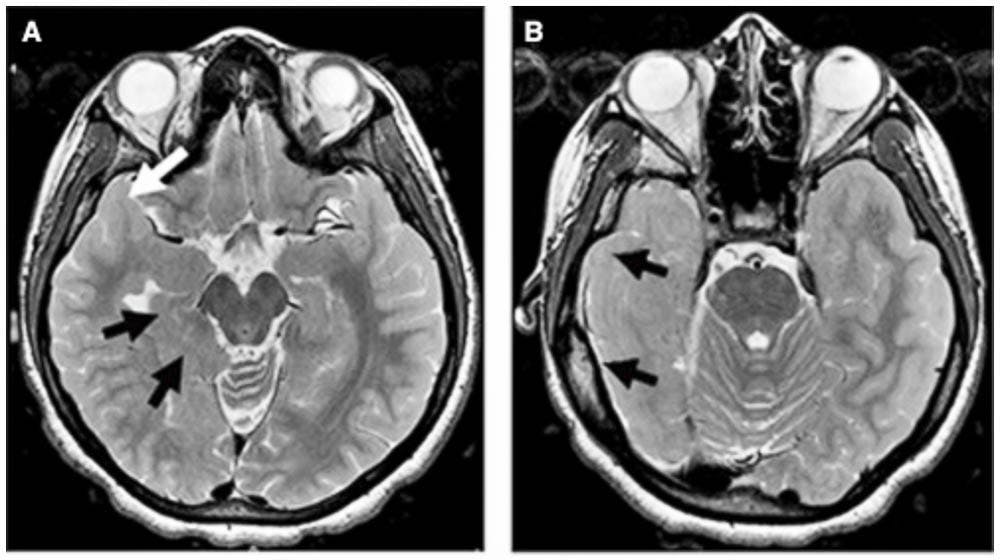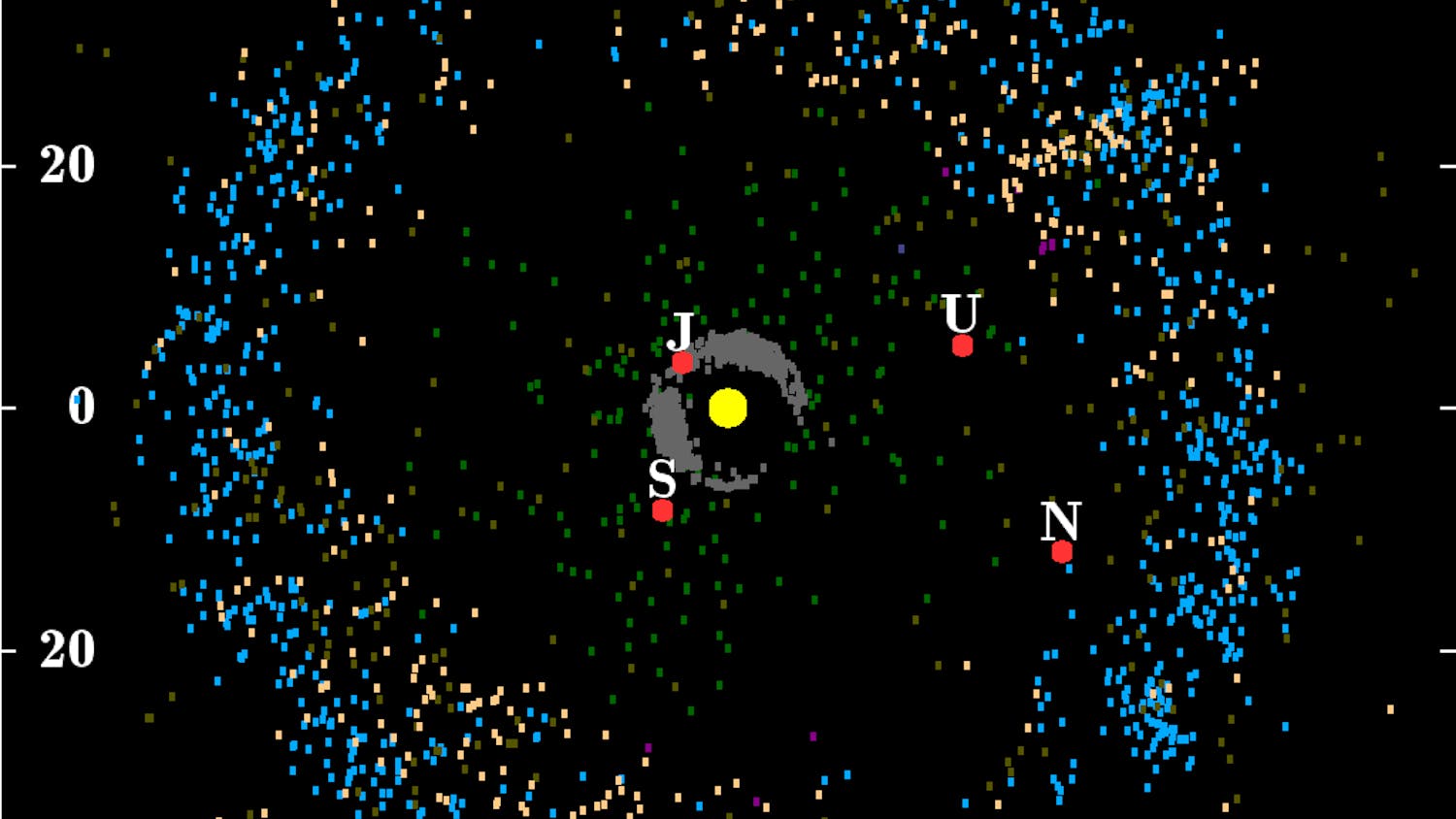A study recently revealed that seizures in epileptic patients correlate with the lack of the “CLOCK” gene, which typically regulates circadian rhythm. This new finding could give rise to a potential treatment for severe cases of epilepsy.
There are currently medications that treat epilepsy, but disruptive and dangerous seizures can still occur while patients are on these medications, said Judy Liu, assistant professor of neurology and corresponding author of the study. As a last resort, the part of the brain that causes seizures can be surgically removed, she said.
“It’s a hard conversation to have with a patient when the epilepsy is so bad that the only thing you can do about it is take a part of the brain out,” Liu said. She realized, though, that the brain tissue in this removed part could actually be studied.
The seizure-generating part of the brain that had been removed in consent-giving patients was mapped out onto grids in as small an area as possible. The research team then searched for anything unusual, and they found the CLOCK gene had a strong effect on abnormalities.
“We got lucky. It turns out that, because CLOCK is a circadian rhythm gene, it cycles, but all of our surgeries for epilepsy are done at 8 a.m. on Friday mornings,” Liu said. “People have asked me why no one else has discovered this, and it’s probably because our surgeons are on time,” she said.
Because the researchers were unsure which type of neurons the effect was occurring in, they decided to model the seizures in mice, said Peijun Li, co-lead author and post doctoral fellow at the Children’s National Health System. They found that, without the CLOCK gene in firing neurons, the mice had a high risk of seizures.
Likewise, the seizures in mice without the CLOCK gene occurred spontaneously during their sleep, Liu said. When they went back and looked at patients, it seemed like a lot of them were having these problems during sleep as well.
Daniel Friedman ’97, associate professor of neurology at NYU Langone Medical Center, said the findings were interesting “because we know that for some people, seizures tend to occur at certain times of the day.”
The concept of a CLOCK-related treatment, though it would require further research, holds potential for patients suffering from severe cases of epilepsy. Because the CLOCK gene occurs in the brain and throughout the body, where it regulates metabolic state, it would be necessary to deliver a CLOCK modifier directly to the brain circuit with, for example, some sort of surgical implantation, Liu said.
“Certain strategies may include seeing if there are mechanisms to regulate the transcription factor (for CLOCK), using gene editing technology or even developing models that can turn (the gene) on,” Friedman said. More research and understanding is likely required to figure out how to do that effectively without influencing other things related to the CLOCK gene.





